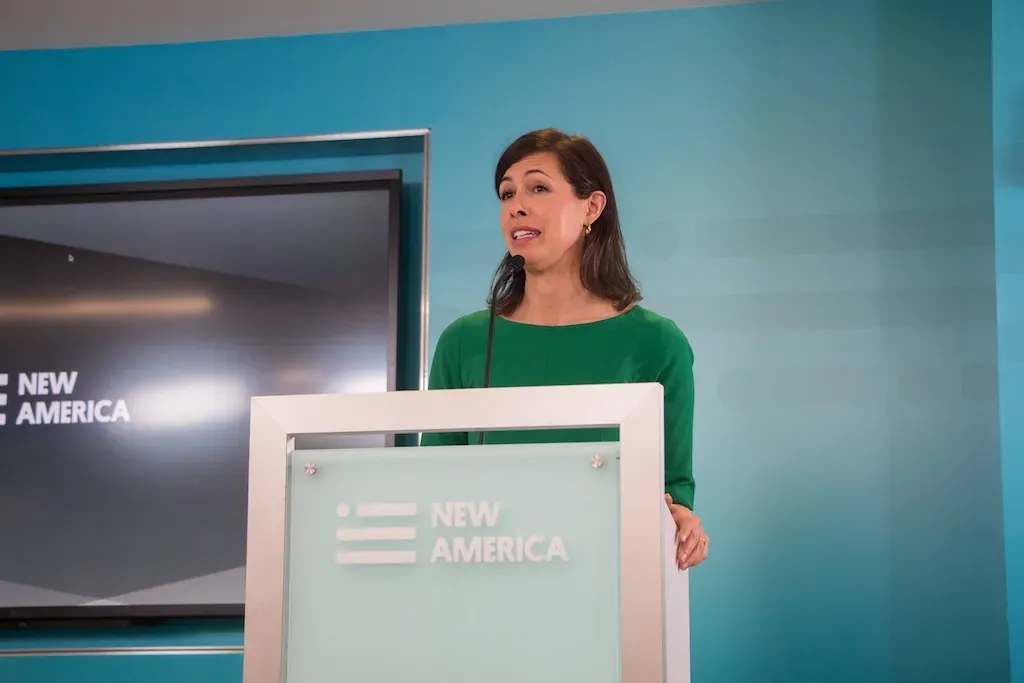Jessica Rosenworcel Pushes Congress on Affordable Connectivity Program
The FCC chairwoman reminded lawmakers the fund will freeze enrollments next Thursday, on February 8.

WASHINGTON, February 2, 2024 – Federal Communications Commission Chairwoman Jessica Rosenworcel wrote to lawmakers on Thursday to reiterate the agency’s Affordable Connectivity Program will stop accepting new enrollments on February 8.
The letters went to the chairs and ranking members of the Senate and House Commerce Committees, as well as the Senate and House Financial Services Subcommittees.
Each letter came with ACP enrollment data for every state, territory, and Congressional district “to make clear the real-world impacts if Congress does not renew funding for this critical broadband affordability program.”
“The Bipartisan Infrastructure Law created this program, our largest-ever effort to make broadband affordable nationwide, but we now are on the brink of letting that success slip away,” Rosenworcel said in a statement. “Disconnecting millions of families from their jobs, schools, markets, and information is not the solution. We have come too far with the ACP to turn back.”
It’s the latest in a widespread push for additional funding for the low-income internet subsidy program as its estimated end date in April approaches. The FCC began winding down the ACP, which provides nearly 23 million low-income households with a $30 monthly internet discount, on January 25, as the $14.2 billion set aside for the program by the Infrastructure Act dries up.
Lawmakers in both chambers introduced the ACP Extension Act on January 10, which would provide $7 billion to keep the fund afloat through 2024. Despite political, public, and industry support for continuing the program, it’s not clear the bill will reach the House floor as Republican representatives look to slash domestic spending.
Some of those lawmakers, plus Republican Senators, have expressed reservations about the ACP specifically, citing FCC estimates that 78 to 80 percent of the program’s participants had broadband prior to enrolling as evidence of wastefulness.
Industry groups have suggested folding the ACP into the Universal Service Fund, another subsidy managed by the FCC. It’s funded by fees on voice providers, which has prompted a bicameral working group evaluating potential reforms to the program’s contribution base. Rosenworcel wrote to the head of that working group that the USF could likely handle the extra costs if the program is modernized.










